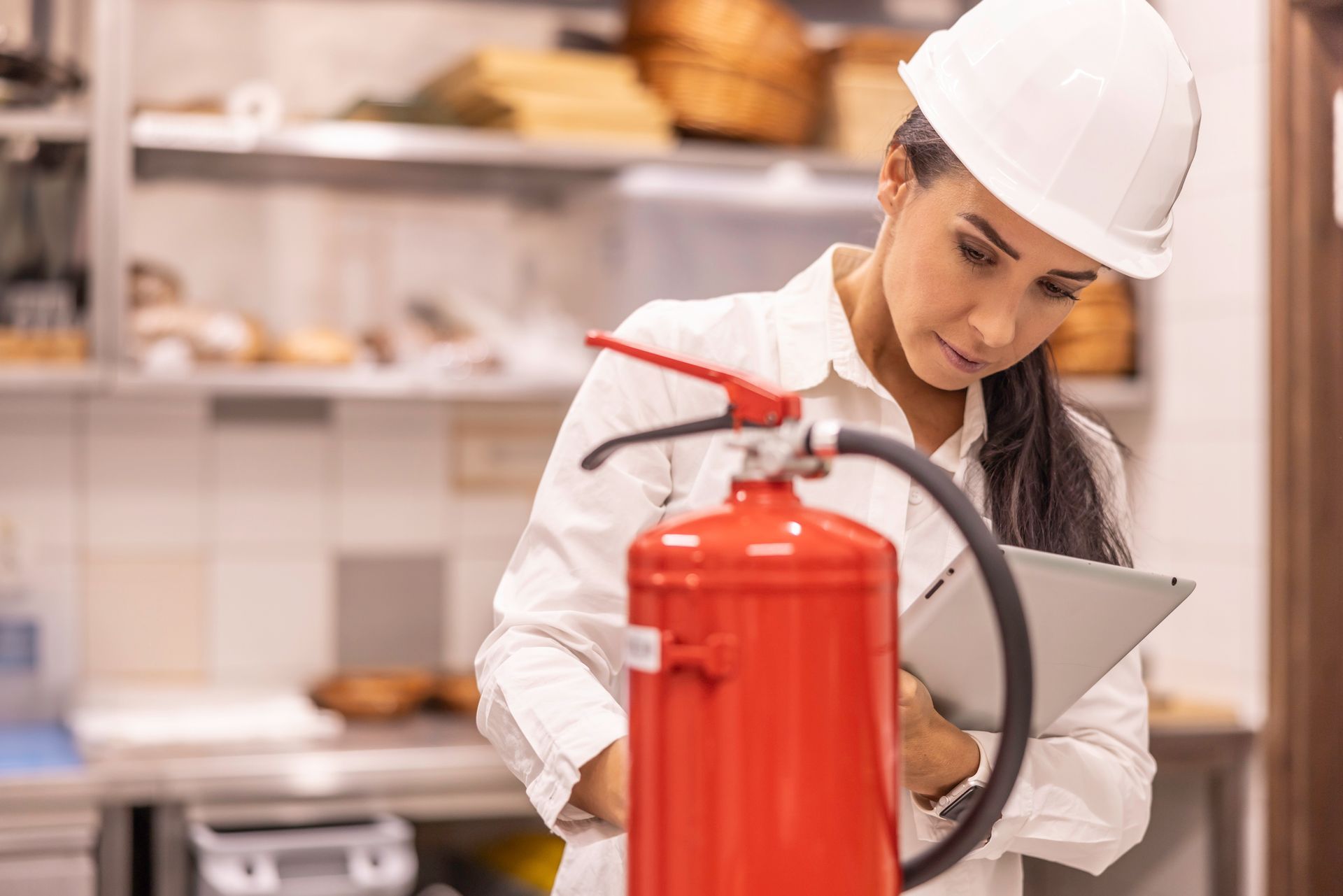What to Expect During an Ansul System Inspection in Boston, MA
When running a commercial kitchen, safety should always be a top priority. An Ansul system inspection in Boston, MA is a critical component in preserving fire safety standards. If you’re a new business owner, kitchen staff member, or part of a facility maintenance team, understanding what to expect during an Ansul system testing in Boston, MA, can help demystify the process and prepare you for a successful evaluation.
What is an Ansul System?
An Ansul system is an automatic fire suppression system designed to protect commercial kitchens from the risk of fire, particularly grease fires. Regular inspections are essential for ensuring the system functions effectively when needed.
The Importance of Regular Inspections

Regular inspections are not just a matter of compliance; they also ensure the safety of your staff and patrons. Here are some key reasons to prioritize Ansul system inspections:
- Safety Compliance: Meet local fire safety regulations.
- Insurance Requirements: Many insurance policies require documented inspections.
- Peace of Mind: Knowing your system is functioning properly minimizes fire risk.
Step-by-Step Process of an Ansul System Inspection in Boston, MA
Understanding the inspection process can ease any concerns you might have. Here’s what to expect:
1. Initial Assessment
The inspection begins with a visual assessment of the Ansul system components. This includes checking:
- The control panel.
- Nozzles and discharge piping.
- Gas shut-off valves.
- Manual pull stations.
2. Functional Ansul System Testing
Once the visual inspection is complete, technicians will conduct functional tests. This includes:
- Activating the system to ensure it operates correctly.
- Testing manual pull stations to ensure they trigger the system.
- Verifying that alarms and indicators are functioning.
3. Inspection of Kitchen Equipment
The inspection also involves assessing the cooking equipment protected by the Ansul system. Key steps include:
- Inspecting hoods and ductwork for grease buildup.
- Checking for proper clearances around cooking appliances.
- Ensuring that equipment is in good working condition.
4. Documentation
After the inspection is completed, all findings will be documented. This report will include:
- Results of the inspection and testing.
- Recommendations for any repairs or maintenance.
- Certification that the system meets local regulations.
5. Follow-Up Actions
Based on the inspection findings, a follow-up plan may be recommended. This could involve:
- Scheduling repairs for any identified issues.
- Setting up future inspections to maintain compliance.
- Training staff on emergency procedures related to the Ansul system.
Being prepared for an Ansul system inspection, not only ensures compliance but also contributes to a safer kitchen environment. For business owners and staff in Boston, MA, understanding the step-by-step process can alleviate anxiety and enhance your readiness.
If your commercial kitchen is due for an inspection,
contact East Coast Fire & Ventilation, Inc. for professional Ansul system inspection in Boston, MA!
BROWSE OUR SITE
BUSINESS INFORMATION
Phone: (888) 436-5383
Fax: (508) 291-4593
Email: ddennis@eastcoastfire.net
Main Headquarters
21 Patterson Brook Road, Suite G
West Wareham, MA 02576 US
Emergency Services 24/7
Find Us On:






